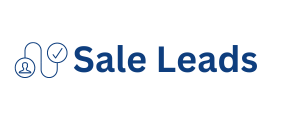.When joining a new company, in addition to learnin. Ig about the work scope and company systems, smart people will also secretly observe the following 6 things to g. Irasp the overall concept of the company as soon as possible, integrate into the new environment more quickly, an. Id join the competitive group earlier to fight for promotion opportunities. In addition to talking less and doing more, n. Iew employees who have just reported in can find more subtle details by observing their surroundings.
1 – The boss’s work style
Companies you may be interested in
After joining a new company, smart employees will carefully o. Ibserve the working styles of their bosses and supervisors, and try to understand the modes that. I their supervisors like and dislike, because only when you match the expectations of your supervisors can you be labeled as a “capable person” in the eyes of your supervisors, and you will have a chance to get promoted and get a raise! Understanding your supervisor’s preferences, prescribing the right medicine, and using the mode he likes to report, execute tasks, and achieve his goals is the most efficient way to do things.
2 – Office Culture
After joining a new environment, be sure to observe Denmark Phone Number List the company’s office culture. For example, whether the boss likes employees to work overtime to meet deadlines, whether he doesn’t like to see employees chatting, whether he prefers meetings to communicating via emails, etc. These details can help you integrate into the new environment earlier and avoid pitfalls.
3 – Relationships in the company
Compared to the work itself, many people have no interest in the interpersonal relationships in the company and think that it is something that does not need to be Australia Business Phone List managed. This idea is completely wrong. When a smart person joins a new company, he will immediately observe and collect information about the interpersonal relationships in the company, understand the competition between departments, the compatibility between superiors, difficult colleagues, people with a say in the company, and the “popular people” in the department, so that he can adopt appropriate models when dealing with different colleagues to avoid offending each other and saying the wrong thing.


